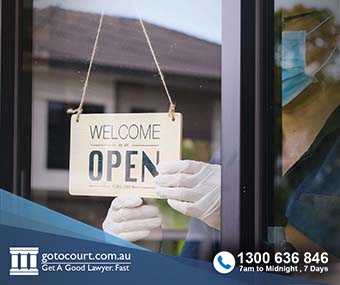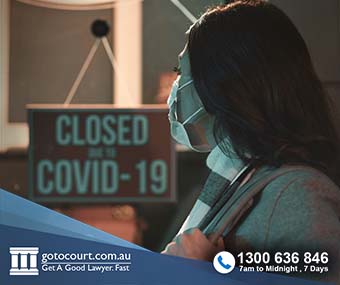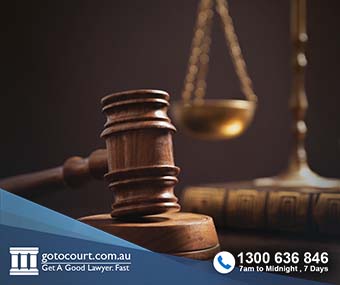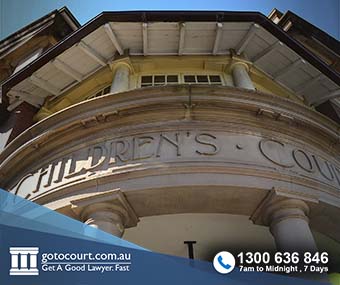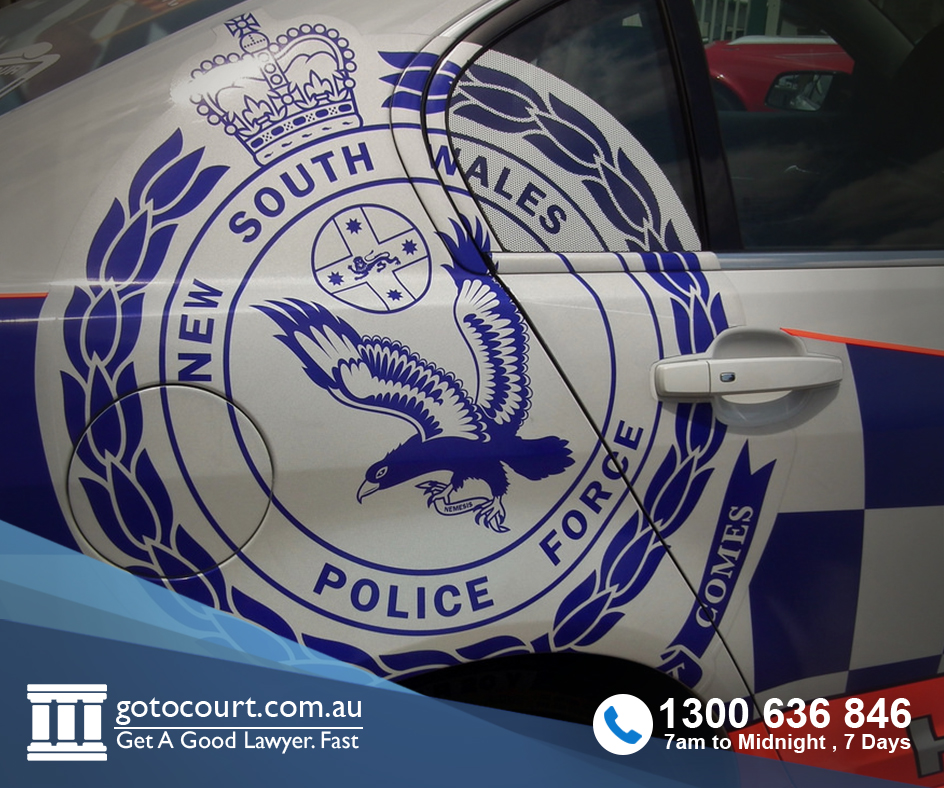Call our lawyers
now
or,
have our lawyers
call you
Queensland: When is a Conviction Not a Conviction?
Updated on May 28, 2015 • 3 min read • 266 views • Copy Link
Queensland: When is a Conviction Not a Conviction?
 It is common knowledge that a person found guilty of committing an offence is said to have been ‘convicted’ of that offence. However, it is possible to avoid having an actual conviction recorded in certain circumstances.
It is common knowledge that a person found guilty of committing an offence is said to have been ‘convicted’ of that offence. However, it is possible to avoid having an actual conviction recorded in certain circumstances.
S12 of the Penalties and Sentences Act 1992 gives the Court a discretion not to record a conviction, even if it has found a person guilty and imposed a sentence for the offence. The Court is required to take into account all of the circumstances of the case, including:
-
The nature of the offence.
The discretion is more likely to be exercised for minor offences such as ‘street offences’ than for major crimes. It would usually be coupled with a small fine or perhaps a community service order.
-
The offender’s character and age.
A first–time offender is more likely to avoid having a conviction recorded than a habitual criminal. Part of the theory behind the provision is to give the offender another chance, and not damage his reputation for what, it is hoped, is a minor, one–off offence. This is especially so in the case of younger offenders, where a minor offence could be put down to youthful exuberance gone too far rather than hardened criminal behaviour. This does not mean that an older person will always have a conviction recorded. Anyone with a clean or minor record is entitled to request that no conviction be recorded, regardless of age.
-
The impact that recording a conviction will have on the offender’s economic or social wellbeing or chances of finding employment.
These are self–explanatory. However, the Court will require evidence to support the claim. A bare assertion that a conviction will make it hard to find a job will not normally be good enough. A letter from an employer, or a list of criteria required for the offender’s chosen career would be needed.
Some jobs require overseas travel. A number of countries (notably the USA) impose restrictions on allowing people with convictions across their borders. While this may simply mean justifying why a visa should be granted, in some cases there is a blanket refusal to allow convicted persons into the country. Again, strong evidence that a problem will arise is needed. A vague claim that the offender would like to visit Disneyland at some point in the future is not going to work!
Even if the Court does decide not to record a conviction, it is still entitled to (and almost always will) impose some form of punishment on the offender. This still needs to be complied with. Typically, the punishment would be a fine or some form of community service.
Persuading the Court not to record a conviction requires strong, well presented arguments and a detailed knowledge of the relevant law. We recommend that you contact us to obtain suitable legal advice if you find yourself in this position.

Affordable Lawyers
Our Go To Court Lawyers will assist you in all areas of law. We specialise in providing legal advice urgently – at the time when you need it most. If you need a lawyer right now, today, we can help you – no matter where you are in Australia.How It Works











1. You speak directly to a lawyer
When you call the Go To Court Legal Hotline, you will be connected directly to a lawyer, every time.


2. Get your legal situation assessed
We determine the best way forward in your legal matter, free of charge. If you want to go ahead and book a face-to-face appointment, we will connect you with a specialist in your local area.


3. We arrange everything as needed
If you want to go ahead and book a fact-to-face appointment, we will connect you with a specialist in your local area no matter where you are and even at very short notice.





